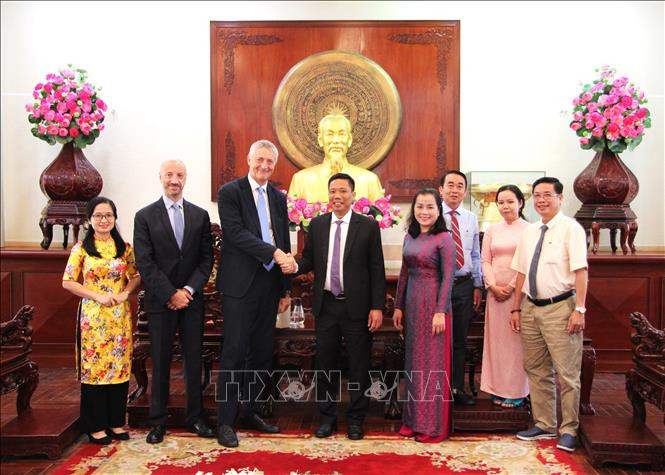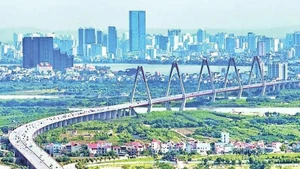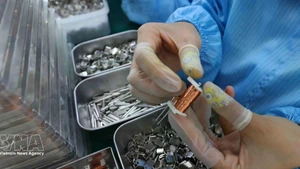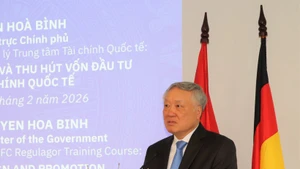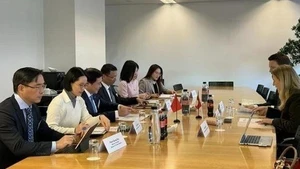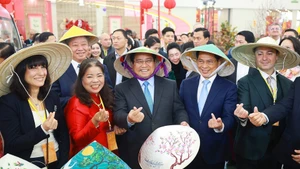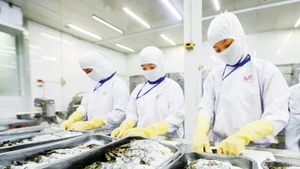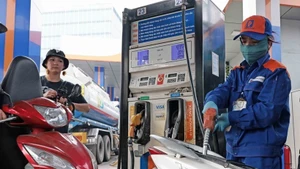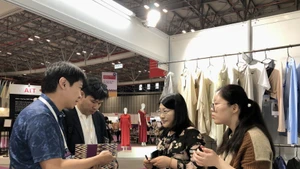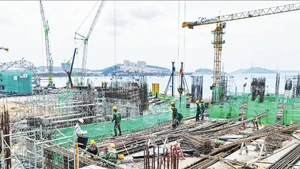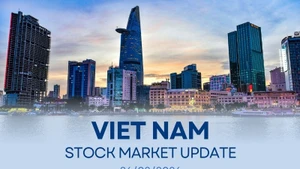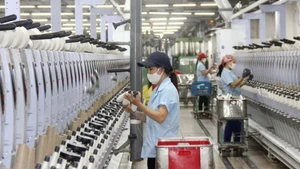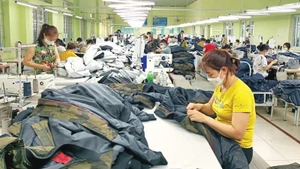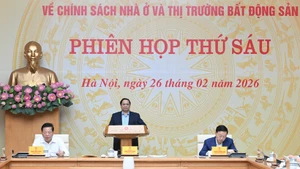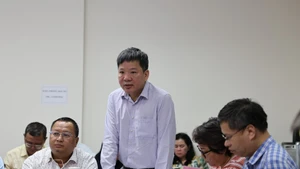Hien outlined Can Tho's agricultural development plan, aiming for 2.5-3% annual growth by 2030, an increase of 5.5-6% in agricultural labour productivity, over 70% of skilled workers in the field and a three-fold rise in the income of rural residents compared to 2020.
To such end, Can Tho is actively developing high-tech agriculture by establishing specialised zones and breeding farms, which will also partially cater to eco-tourism, he said, adding that the city is also increasing investment in technical infrastructure and expanding research partnerships with domestic and international institutes, towards forming a hi-tech agriculture centre for the Mekong Delta and the country as a whole.
According to the official, environmental protection, climate change and sustainable development are top priorities for the Mekong Delta and Can Tho in particular.
He urged Padula to act as a bridge popularising Can Tho's investment environment to Italian firms and investors while promoting investment through seminars, trade fairs and exhibitions in Can Tho and Italy.
Padula, for his part, acknowledged Can Tho as a crucial partner of Italy. He announced that a delegation of Italian firms will visit Can Tho later this year to explore potential in high-tech agriculture and industrial machinery.
Informing the host about his attendance at a seminar on the sustainable development of the Mekong Delta earlier the same day, he affirmed Italy’s commitments to Can Tho and regional provinces via specific activities to adapt agricultural products to climate change and align them with the European Union market, ultimately increasing profits for this sector.
Last year, Can Tho exported 3.2 million USD worth of goods to Italy, mostly rice, aquatic products, garments, farm produce and processed agricultural products. Its imports totalled 0.21 million USD, primarily pharmaceutical materials.
